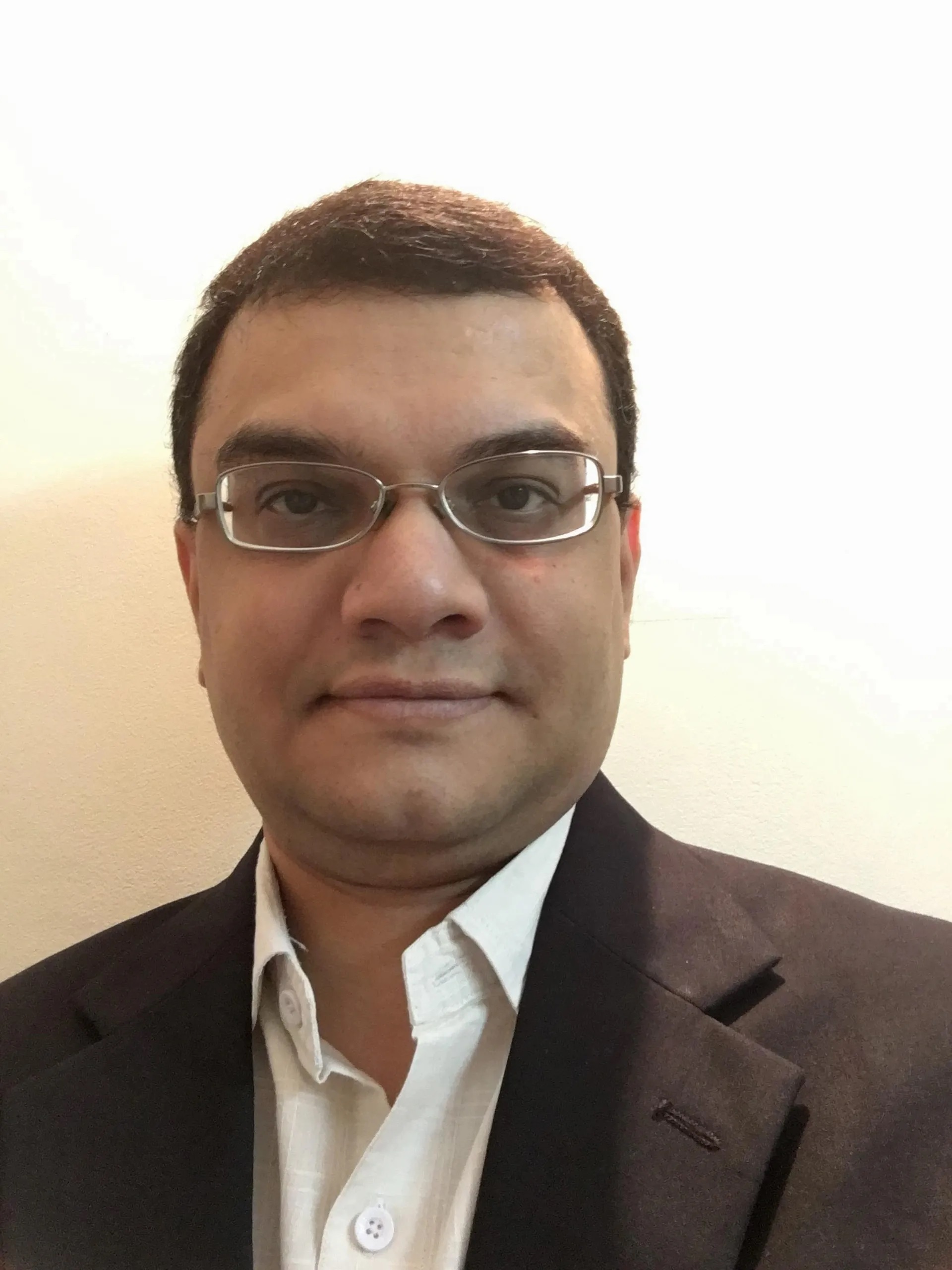
Chandra is a thought leader on global sustainability. The world is beyond a point of no return on climate change and rising natural resource scarcity to continue to be able to support the current economic paradigm of population and economic growth. For this reason, it is not feasible for the rest of the world to attain the standard of living of the developed countries. The period of growth for the world, including for developed countries, is over. To achieve global sustainability, the political-economic model going forward has to be direct-teledemocratic manageable smart agrarian cities founded in a globally equitable, circular economy with industrialization limited to the production of green energy, telecommunications, essential goods and services, green building/housing, health, education, and fully automated green transportation. Chandra works with governments and corporations to strategically prepare for and execute this adaptation.
He was an invited participant at the United Nations Conference on Sustainable Development (UNCSD), Rio+20, held in Rio de Janeiro, Brazil in 2012 where he contributed to the landmark outcome document Future We Want. He led the State of Maryland for T. Boone Pickens’ successful national grassroots campaign Pickens Plan for energy self-reliance of the United States with a particular focus on wind energy and natural gas from 2008 to 2011. While an analyst at the Federal Reserve, the central bank of the United States in Washington, D.C., from 1998 to 2010, he contributed to a Clinton White House speech on critical infrastructure protection, led the employees’ committees to commemorate the first anniversary of the September 11, 2001 terrorist attacks on the United States, contributed to strategic planning, advocated for diversity and inclusiveness in the economics profession, and was an Equal Employment Opportunity (EEO) committee representative to the Federal Reserve leadership. He has graduate degrees in mechanical engineering, political science, and applied economics.